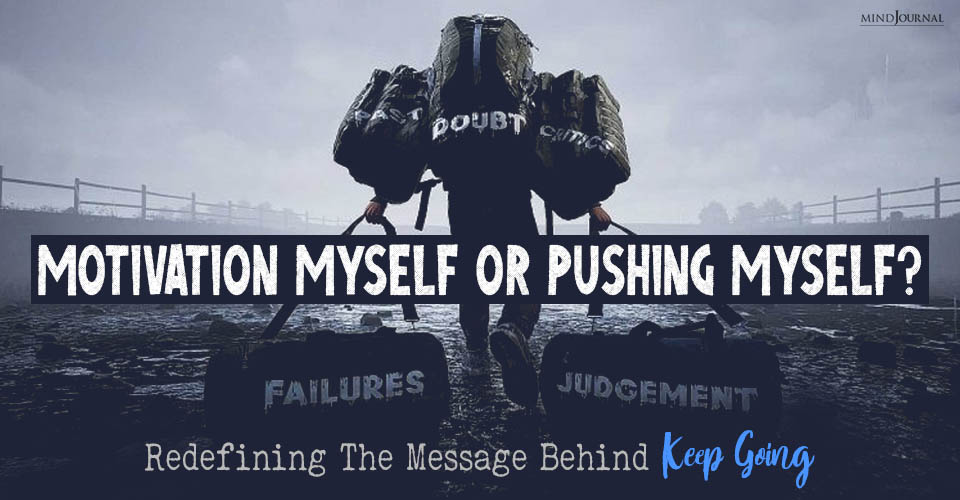Exceptional People Avoid Mediocre Friends
Your crowd literally makes you see the world differently.
You’re told entrepreneurs are loners and that visionaries go it alone. To be successful, you’ve heard you must leave naysayers behind and surround yourself with others who think like you.
Is this really the case?
Why do we believe that the right mass surrounding us will break us or make us?
Why is it so important to be accompanied by the right crowd?
A straight line can contract or extend
When Solomon Asch, a 1950s Swarthmore, College psychologist, asked a group of volunteers to estimate the length of a vertical black line on a plain white card, he made an intriguing observation.
This study found that each person’s estimation of the vertical black line was greatly influenced by how others perceived and estimated it.
A person who overestimated the length of the line was naturally surrounded by people who overestimated it. The same was true for underestimation. People’s perception and interpretation literally was influenced by the type of people around them.
How can a person’s perception of an objective length of a line change depending on the subjective views of others?
Asch was simply confirming what polymath Gustave Le Bon had written over half a century before, in his seminal treatise The Crowd: A Study of the Popular Mind, a work reputed to have been read by Lenin, Mussolini, and Hitler.
Le Bon wrote that in a crowd, “The sentiments and ideas of all the persons take one and the same direction and their conscious personality vanishes”.
What’s happening in your brain?
When exposed to a rewarding stimulus, the brain responds by increasing the release of the neurotransmitter dopamine.
The structures associated with the reward system are found along the major dopamine pathways in the brain. The mesolimbic dopamine pathway is thought to play a primary role in the reward system in our brain.
Invariably, when you hold a conviction or an idea that resonates with the stance of the crowd surrounding you, your brain’s reward pathway is activated and you instantly feel good.
This shared idea also makes us feel accepted and recognized on a social platform. As human beings are majorly dependent on social acceptance and validation, this is a significant basis on which Le Bon proposed the three stages on which crowds existed: submergence, contagion, and suggestion.
During submergence, the individuals in the crowd lose their sense of individuality and personal responsibility. This is quite heavily induced by the anonymity of the crowd.
Contagion refers to the propensity for individuals in a crowd to unquestioningly follow the predominant ideas and emotions of the crowd.
Suggestion, similarly, refers to the period in which the ideas and emotions of the crowd are primarily extracted from an archaic shared racial unconsciousness, which is uncivilized in nature.
This idea perpetuated by Le Bon reveals how the psychology of the crowd functions based on shared sense of responsibility and emotions.
If on the other hand, your opinion, idea or desire is different from that of those around you, a part of the brain, the anterior insula, associated with the Limbic system, functions to regulate subjective emotional experience, gets activated.
Read Most Intelligent People Choose To Be Less Social. Here’s why!
When this happens, you do either of these:
Option A : You pretend to agree with others but continue to discreetly hold your own opinions which is distinct from the others.
Option B : Your brain actively modifies how your think and molds your innermost thoughts to align with that of your crowd.
A recent research study shows that we might resort to option B more often than we are aware of.
A network within your brain (involving the medial frontal cortex and anterior insula) monitors “errors” in how you are conforming with people around you.
It becomes active as soon as you and your crowd disagree on something and heralds your brain’s efforts to try to reduce this disagreement gap.
One study has shown how this network becomes active before people change their innermost belief to align with the beliefs of others which they feign to hold.
What could this mean for you?
Even if you have a brilliant, world-changing, innovative, streak inside you, you’re at risk of abandoning your creative ideas, changing your beliefs and surrendering to the pessimism of naysayers, if you surround yourself by them.
In contrast, if you surround yourself with optimistic, energetic leaders who inspire you to be successful, you’re more likely to change your covert beliefs to think like them and become more motivated, practical and influential like the people in your crowd.
When you pick people you want to be around, you’re choosing the person you want to become. Choose wisely.
Read If You Have THESE 3 Bad Habits, You Might Be Exceptionally Intelligent: Studies Say










Leave a Reply